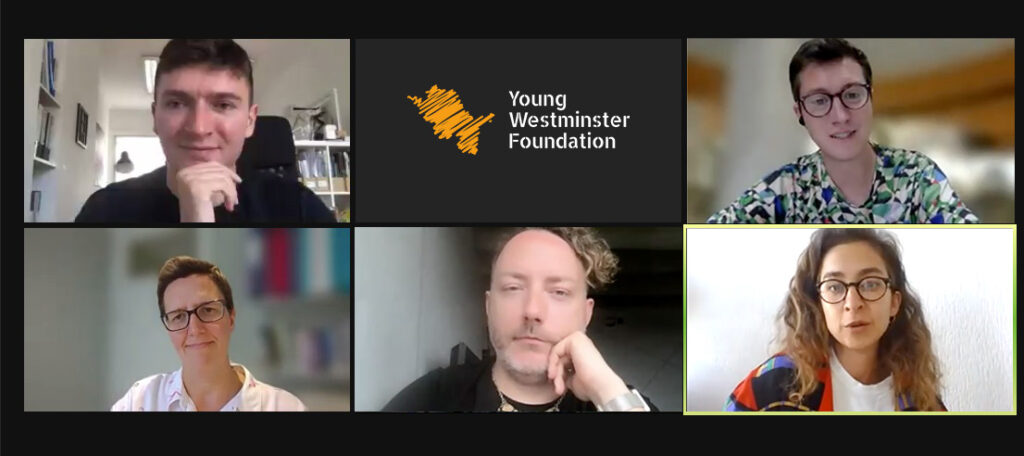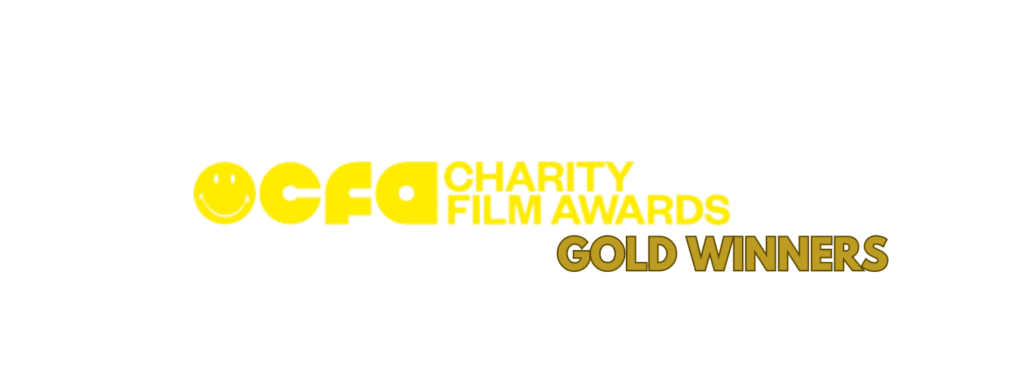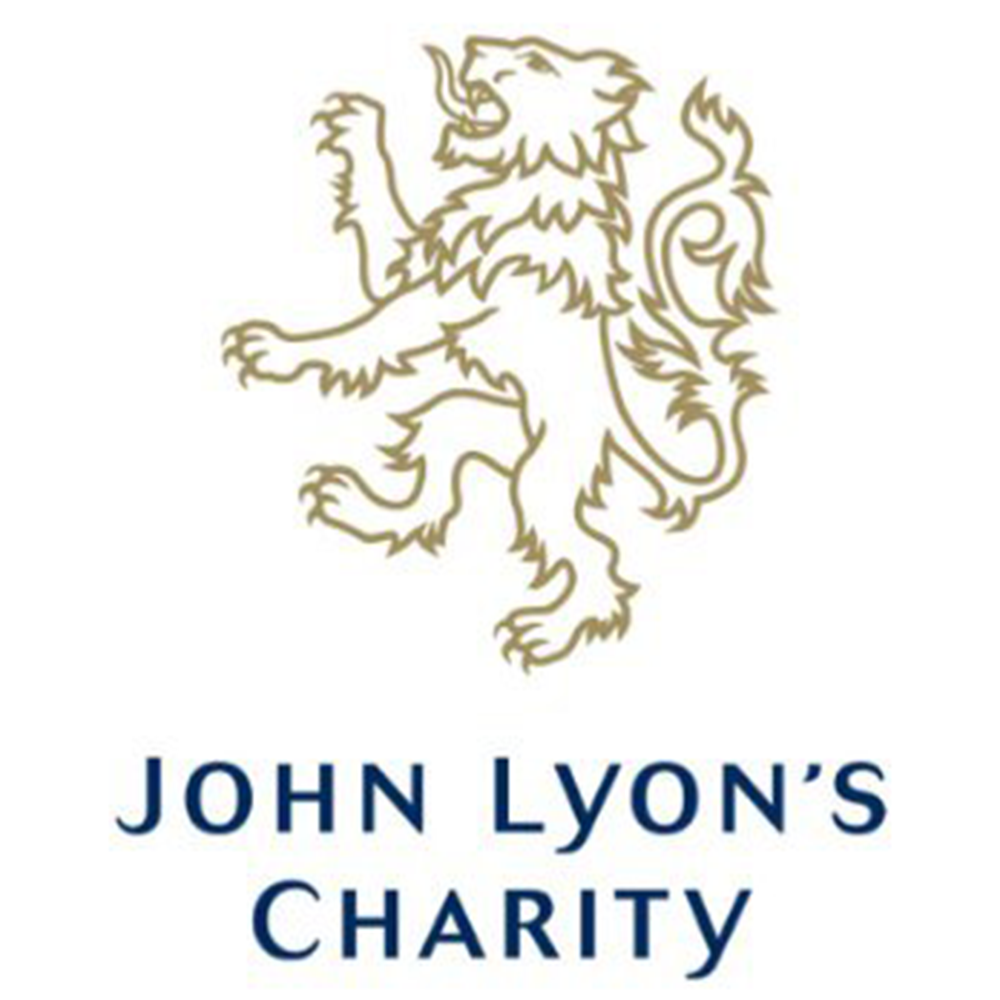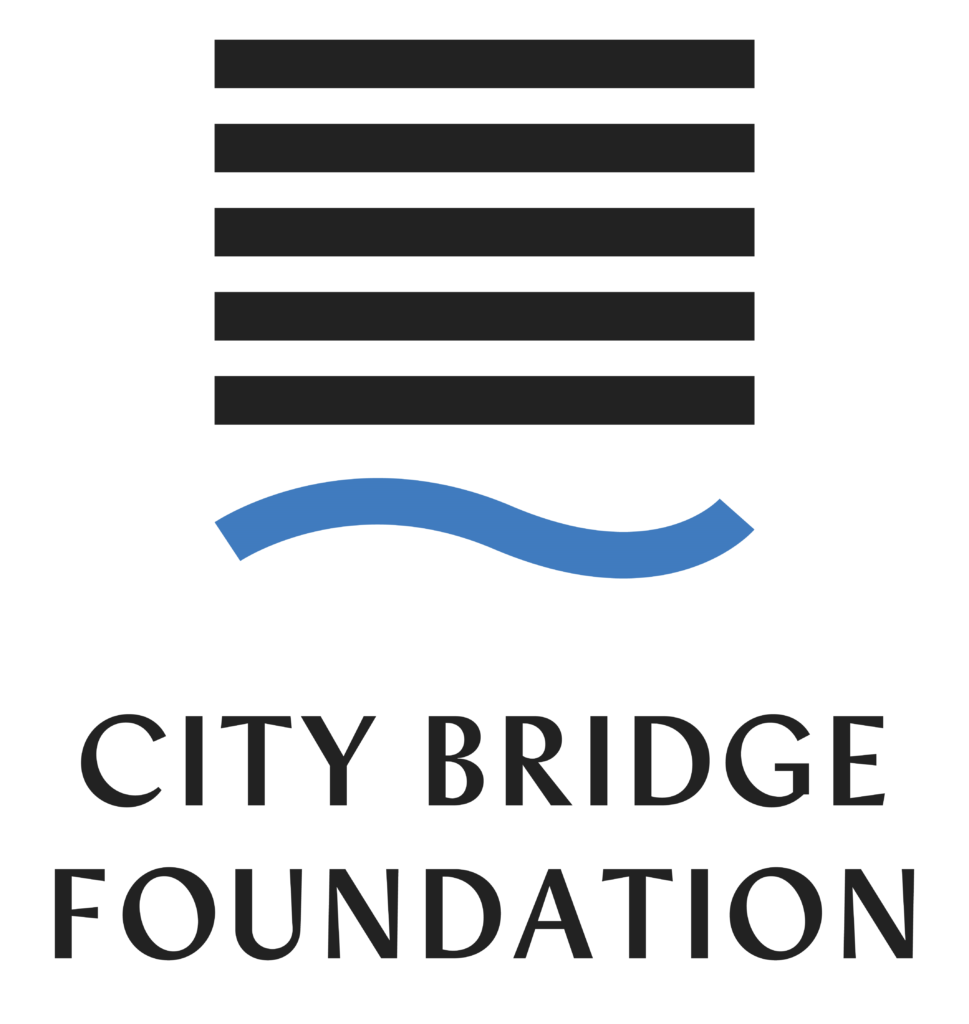On Tuesday 20th June, Young Westminster Foundation held our annual webinar for Pride Month, celebrating 50 years since the first rally in London.
We first heard from Lukasz Konieczka, Executive Director of Mosaic LGBT+ Young Person’s Trust. Mosaic work with young Londoners through a theory of wellbeing, to feel supported, engaged, and to help understand their own identities as part of an active community. Through activities and digital support, they create a culture of belonging for all.
Their new service offer for Westminster will strengthen partnerships with youth organisations to welcome young people you might be LGBTQ+ and better support staff and practitioners in the borough.
If you are a YWF Member, and want to get in touch with Mosaic about this, please email welcome@mosaictrust.org.uk.
Our panel discussion covered topics around creating inclusive spaces in both the workplace and youth settings for LGBTQ+ young people. Alongside Lukasz, we were joined by:
Kelly Canterford – Founder of Tigrou Consulting and co-chair of Freehold, the LGBTQ+ network for the real estate sector
Henry Hudson – Founder of People Change Minds, working with schools and businesses to be more inclusive for LGBTQ+ people
Ada Celebi – Programme Manager at Westminster Befriend a Family, who recently undertook Educate & Celebrate’s Pride In Equity, Diversity and Inclusion Award.
What does meaningful LGBTQ+ inclusion look like to you?
Kelly Canterford (KC): It means giving people the space to be themselves and to not feel they need to hide part of their identity. The environment needs to take that concern away, which can have a serious impact on wellbeing.
Henry Hudson (HH): We need proactive action, and small things that make a tangible difference. This can include using language that is inclusive, and a psychological shift to assume there may always somebody who is LGBTQ+ in the room.
Ada Celebi (AC): Everybody should recognise the complexity and intersectionality of identities. It’s important to create safe spaces for people, and that the responsibility for this doesn’t fall down to one person. The cultural shift has to be at an organisational level.
Lukasz Konieczka (LK): Inclusion is a process and not a destination. Organisations should embrace the continuous learning without worrying from mistakes – instead, apologise and learn from them. There is also a difference between ‘fitting in’ and ‘inclusion’.
What are the main ways your organisation or industry has benefitted from steps towards inclusivity?
AC: The Pride in Inclusion, Diversity and Equality award helped address feelings of people being scared to say the wrong thing. Through Educate & Celebrate’s workshops, they outlined clear values, and explored what discrimination looks like, including micro-aggressions. This includes looking at policies and thinking more about accountability and confidence-building.
KC: The benefits for organisations who develop inclusive culture helps attract new people and develop staff retention, because people want to stay in the industry. It’s challenging when there is a dominant culture that doesn’t want to change. It’s important to be able to stand in someone else’s shoes and to point out privilege, to build empathy. In many ways, the corporate world is still catching up with society.
Is this something that’s been seen in work with young people?
HH: This is a common and particular issue within schools. A large amount of the work is actually helping people understand the need for the work. The saddest thing is acknowledging that the organisations who need it the most are often the least prepared to do it. But recognising the need is getting halfway there and then there should be focus on active solutions. There is a difference between being right and being effective.
What steps can organisations do now to address inclusion for LGBTQ+ people and all minoritised groups?
LK: Cross-examine the culture of your organisation and make engagement impactful in your work experience programmes so they have something to write on their CV. We need more genuine connection within CSR objectives.
AC: As part of Mastering My Future (led by 2 -3 Degrees), there are employability workshops where 90% of attendees are non-white British. If you don’t see anyone who looks like you or talks like you, it makes you feel uncomfortable. Do you have relatable role models? Do you have visuals that show you are inclusive? Internal role models within your business and organisations can also be a big help.
HH: The first thing is to listen to employees. If you don’t have LGBT people in your staff, then that is a red flag. Understand that culture change needs to be led from the top down. It is the leaders who set the culture and the tone and who have the influence.
KC: It needs to be backed up with physical action. Looking at policies can be really significant – for example making changes to policy around parental leave over maternity leave. Even if you don’t have out trans colleagues, a trans policy within your organisation can help set up clear actions that you’re trying to create that environment.
Looking ahead to the next 50 years, what changes would you like to have seen within the LGBTQ+ community?
HH: Trans identities not being politicised but simply recognised as part of mainstream culture and fully welcomed in society. That the difference we’ve seen around being gay or lesbian in the last 50 years, be applied to trans identities. Greater visibility around bisexuality also.
KC: The cliché is to say that we don’t have to do this anymore, but we need to continue with progress. It was only in 2010 when trans people had legal rights recognised. But progression stalls – it has stalled for women around equal pay, on a similar timeframe, for example. I hope there will be more impetus to see that it is about equal human rights.
LK: We are still going to be in the process of inclusion, and identifying what the next challenges are. Embrace that it’s going to be changing. Hopefully, we will be in a time when the hate will no longer pay. In my view, this is what sells papers and fuels political views. We need to leave this agenda behind us.
AC: Fighting for better treatment for LGBT refugees and asylum seekers who deserve not only safe passage, but full welcome into the country. Alongside better education for both parents and teachers to support young people a spaces for young people to explore their identities.
Thank you to all of our panelists for their brilliant contributions. Pride in London takes place on Saturday 2nd July.
If you would like to continue this conversation or have further suggestions about supporting LGBTQ+ young people in the Westminster community, please get in touch.







